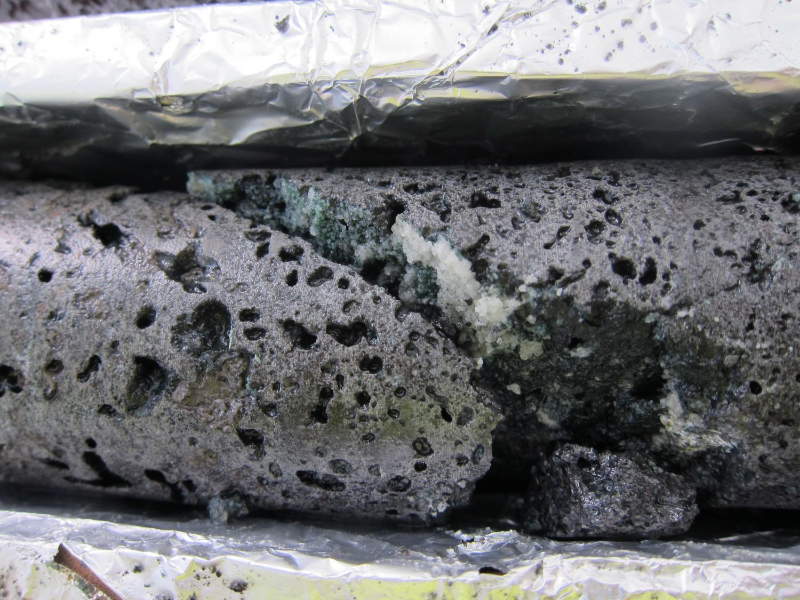Iceland’s Hellishiedi power plant became the first in the world to successfully convert its carbon emissions to stone, providing a new method for battling pollution and reducing global warming, according to Inhabitat.
CNBC explained that the process involves mixing carbon dioxide and hydrogen sulfide and injecting the mixture into undergrounds layers of basalt. Within months, the mixture is converted into rock-hard carbonate, safely storing the carbon and preventing it from entering the atmosphere.
The basalt rock is commonly found all over the world, therefore, this project has the potential to be scaled up and put into a wider global use.
One of the major drawbacks of the CarbFix process is that it requires a lot of water, from 15-25 tons of water for each ton of carbon. The process of pumping that amount of water will itself require much efforts and energy. This is the reason why the project is not ready to be implemented on an international scale yet. Further research and feasibility studies are required.
The scientists responsible for this accomplishment succeeded in the CarbFix project within only two years, instead of a much longer period as many believed before.
Sigurdur Gislason, a professor at the University of Iceland’s Institute of Earth Sciences, said that “mineralizing is the safest way of storing CO2.”












